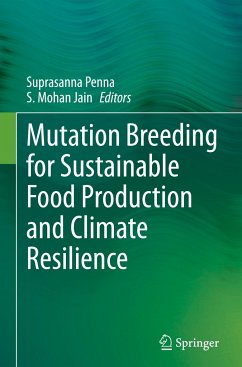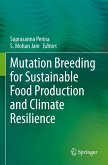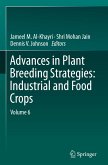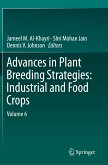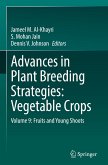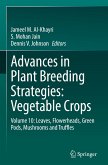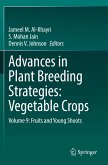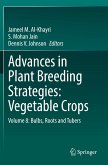This book highlights the recent progress on the applications of mutation breeding technology in crop plants. Plant breeders and agriculturists are faced with the new challenges of climate change, human population growth, and dwindling arable land and water resources which threaten to sustain food production worldwide. Genetic variation is the basis which plant breeders require to produce new and improved cultivars. The understanding of mutation induction and exploring its applications has paved the way for enhancing genetic variability for various plant and agronomic characters, and led to advances in gene discovery for various traits. Induced mutagenesis has played a significant role in crop improvement and currently, the technology has resulted in the development and release of more than 3600 mutant varieties in most of the crop plants with great economic impact. The field of 'mutation breeding' has come long way to become an important approach for crop improvement. This book covers various methodologies of mutation induction, screening of mutants, genome editing and genomics advances and mutant gene discovery. The book further discusses success stories in different countries and applications of mutation breeding in food crops, horticultural plants and plantation crops.
This informative book is very useful to plant breeders, students and researchers in the field of agriculture, plant sciences, food science and genetics.
This informative book is very useful to plant breeders, students and researchers in the field of agriculture, plant sciences, food science and genetics.

